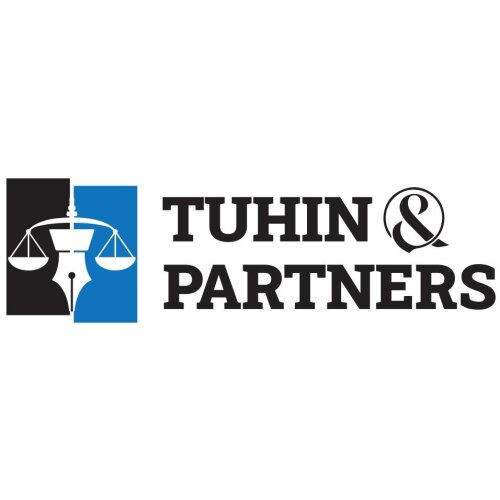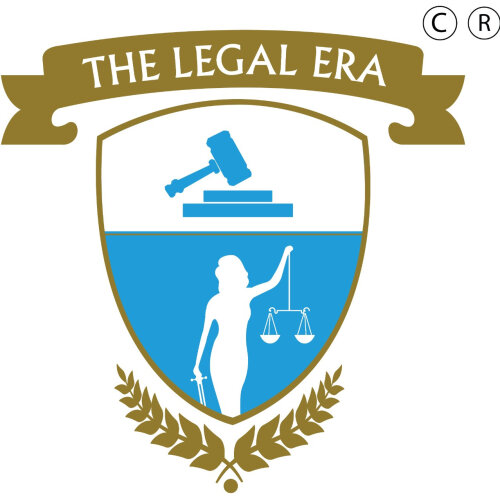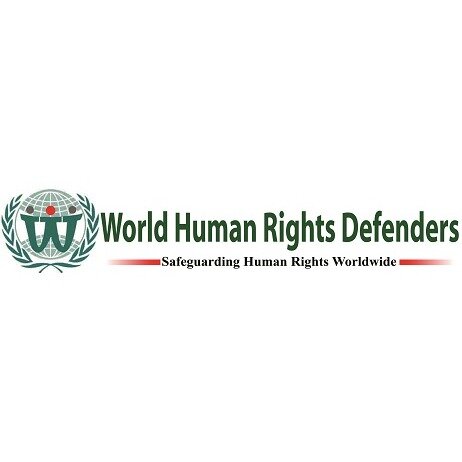Best Communications & Media Law Lawyers in Bangladesh
Share your needs with us, get contacted by law firms.
Free. Takes 2 min.
Or refine your search by selecting a city:
List of the best lawyers in Bangladesh
About Communications & Media Law in Bangladesh
Communications & Media Law in Bangladesh encompasses a broad array of legal principles and regulations that govern the dissemination of information through different media channels, including television, radio, newspapers, and the internet. This area of law is key to ensuring the protection of fundamental rights such as freedom of speech and expression while also regulating content to prevent misinformation, defamation, and other illegal activities. It covers media ownership, licensing, content regulation, advertising standards, and the protection of intellectual property rights among other aspects. The primary legal framework is set by the Telecommunications Act 2001 and the Information & Communication Technology Act 2006, along with subsequent amendments and regulations.
Why You May Need a Lawyer
There are various situations where individuals or organizations might require legal assistance in Communications & Media Law. These include:
- Defending against cases of defamation or libel accusations that arise from published content.
- Navigating licensing processes and regulatory compliance for media outlets.
- Advising on legal implications of media mergers and acquisitions.
- Handling disputes related to intellectual property rights in media content.
- Ensuring adherence to advertising standards and consumer protection laws.
- Dealing with issues of internet censorship or data privacy concerns.
Local Laws Overview
A detailed understanding of the following key laws is crucial for anyone engaged with Communications & Media Law in Bangladesh:
Telecommunications Act 2001: This act regulates the activities of telecommunications in Bangladesh and empowers the Bangladesh Telecommunication Regulatory Commission (BTRC) to oversee compliance.
Information & Communication Technology Act 2006: Governs the exchange of information through electronic channels, ensuring the security of communications and data protection.
Right to Information Act 2009: Facilitates citizens' access to information held by public authorities, thus promoting transparency and accountability.
Digital Security Act 2018: Addresses crimes committed through digital platforms, including cybercrime and violations of digital privacy.
Frequently Asked Questions
What is media law?
Media law refers to the body of law that regulates the creation, distribution, and consumption of content through various media platforms. It involves issues like copyright, defamation, censorship, and advertising regulations.
What is defamation and how can it be legally challenged in Bangladesh?
Defamation involves making false statements that harm an individual's reputation. In Bangladesh, legal action can be pursued under both civil and criminal laws, primarily through the Penal Code and the ICT Act.
How are fake news and misinformation addressed under Bangladeshi law?
Fake news and misinformation are dealt with under the Digital Security Act 2018, which penalizes the dissemination of false information to the public through digital means.
What is the process for obtaining a media license in Bangladesh?
Obtaining a media license involves applying to the Ministry of Information or the BTRC, depending on the type of media, and complying with regulatory requirements, including fees and adherence to broadcasting guidelines.
Can foreign media operate in Bangladesh?
Yes, foreign media can operate in Bangladesh, but they must adhere to local laws and guidelines, often requiring collaboration or partnerships with local media organizations.
How is intellectual property protected in the media industry in Bangladesh?
Intellectual property rights in the media industry are protected under the Copyright Act 2000, offering legal recourse against unauthorized use or reproduction of media content.
What are the legal restrictions on advertising in Bangladesh?
Advertising must comply with standards set by regulatory bodies such as the Bangladesh Standards and Testing Institution (BSTI), which prohibit misleading or harmful advertisements.
Can individuals sue social media platforms for content issues?
While individuals can raise complaints against content on social media, suing platforms directly can be complex due to jurisdictional issues and intermediary protection laws.
What is media ownership regulation in Bangladesh?
Media ownership in Bangladesh is regulated to prevent monopolies and ensure diversified media landscapes, requiring adherence to competition laws and media-specific ownership guidelines.
How can artists protect their rights in media content?
Artists can protect their rights through proper documentation and registration of their work under the Copyright Act, and seeking legal advice when their rights are infringed.
Additional Resources
Here are some resources and organizations that can be helpful for legal advice in Communications & Media Law in Bangladesh:
- Bangladesh Telecommunication Regulatory Commission (BTRC): Regulates the telecommunications and media broadcast sectors.
- Ministry of Information: Responsible for formulating and implementing policies related to information and media.
- Bangladesh Copyright Office: Provides resources on intellectual property rights and copyright protection.
- Consumer Association of Bangladesh (CAB): Advises on advertising legislation and consumer protection rights.
- Local Bar Associations: For finding qualified legal professionals specializing in Communications & Media Law.
Next Steps
If you need legal assistance in Communications & Media Law, consider the following steps:
- Identify the specific legal issue or challenge you are facing in this field.
- Consult with a specialist lawyer who has expertise in Communications & Media Law.
- Gather all relevant documentation and evidence related to your legal issue.
- Consider alternative dispute resolution methods such as mediation, if applicable.
- Stay informed about updates and changes in relevant laws and regulations.
Taking these steps will help navigate the complexities of Communications & Media Law in Bangladesh effectively.
Lawzana helps you find the best lawyers and law firms in Bangladesh through a curated and pre-screened list of qualified legal professionals. Our platform offers rankings and detailed profiles of attorneys and law firms, allowing you to compare based on practice areas, including Communications & Media Law, experience, and client feedback.
Each profile includes a description of the firm's areas of practice, client reviews, team members and partners, year of establishment, spoken languages, office locations, contact information, social media presence, and any published articles or resources. Most firms on our platform speak English and are experienced in both local and international legal matters.
Get a quote from top-rated law firms in Bangladesh — quickly, securely, and without unnecessary hassle.
Disclaimer:
The information provided on this page is for general informational purposes only and does not constitute legal advice. While we strive to ensure the accuracy and relevance of the content, legal information may change over time, and interpretations of the law can vary. You should always consult with a qualified legal professional for advice specific to your situation.
We disclaim all liability for actions taken or not taken based on the content of this page. If you believe any information is incorrect or outdated, please contact us, and we will review and update it where appropriate.
Browse communications & media law law firms by city in Bangladesh
Refine your search by selecting a city.











